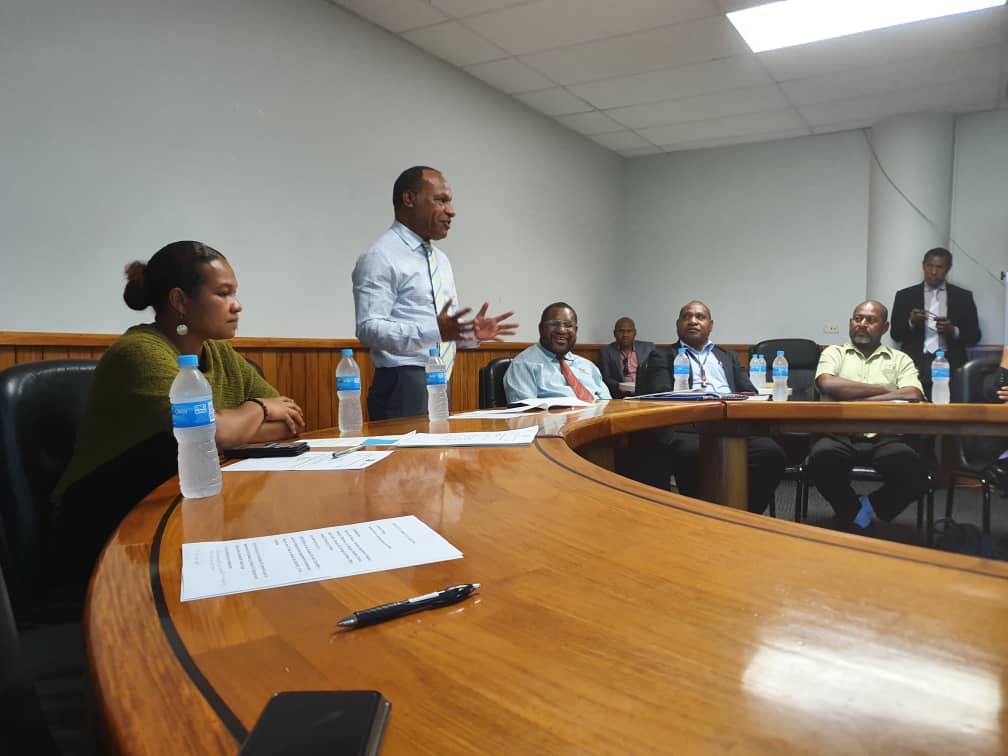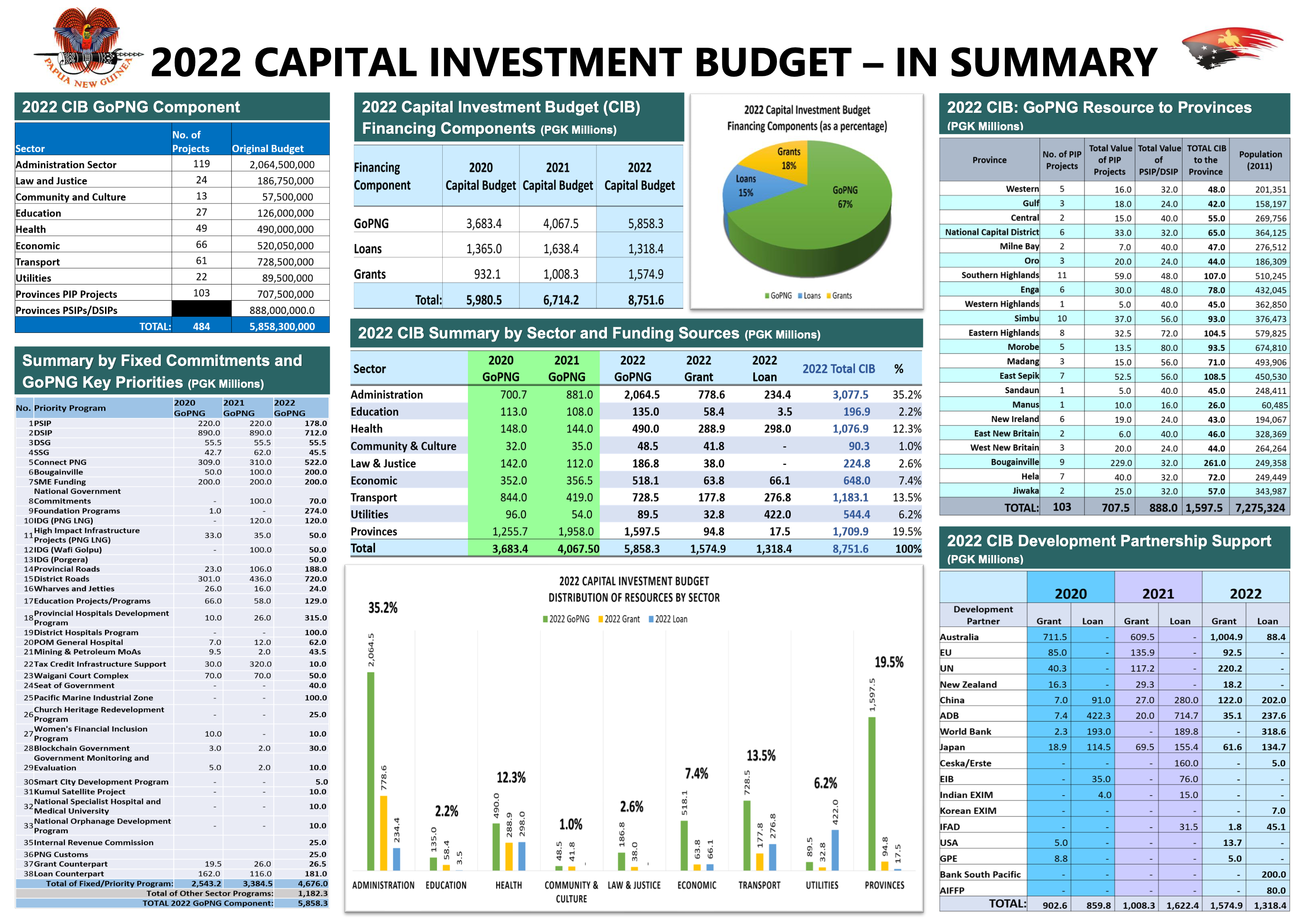News & Events
DNPM Launches Internal Audit Committee
Secretary for the Department of National Planning and Monitoring (DNPM), Koney Samuel, has informed stakeholders that his Department has taken the initiative to launch its internal audit committee in collaboration with the Department of Finance and the Auditor General’s Office.
This comes at a critical time when Government is keen on addressing issues of corruption, transparency and accountability in the public sector. Present at the launch held recently was Finance Department Secretary, Dr Ken Ngangan, acting Auditor General, Gordon Kega, DNPM acting Deputy Secretary Programming and Monitoring, Loia Vaira, and staff of both departments.
“We are very supportive of the Government’s strong view and position to ensure that the public service is very transparent in terms of its functions. Planning as a department is responsible for the coordination and management of the development budget and it is important that we are seen to be transparent and accountable in terms of the management of the funds and that we are complying with the relevant provisions of the Public Finance Management Act and National Procurement Act. Under my leadership, we would like to inform the public that have taken this initiative to make sure that we deliver to our people,†Secretary Samuel said.
Dr Ken Ngangan reiterated that under the revised Public Finance Management Act, section 4.6 gives powers to the Department of Finance to ensure that internal audits and independent audit committees are established in all spending agencies of government and are subject to audits by the Auditor General’s Office. To date, 20 national departments, 12 statutory bodies and 16 provincial administrations who have established an independent audit committee and are functioning.
“Public funds are the core of our jobs on a daily basis and what we are about to do helps us perform our roles in managing those core responsibilities better. We are glad that Department of National Planning and Monitoring has finally decided to come on board. That demonstrates confidence in the management in terms of commitment to good governance, risk management, sound internal control, transparency and accountability - the overarching perimeters upon which we deliver our mandates. What you have initiated is a commitment to those greater principles.
“Having an independent audit committee functioning in a department removes a lot of the burdens, minimises a lot of the criticisms that come our way. We have all had our share of accusations on social media, but having these governance arrangements working in our organisations helps protect our integrity. So any queries about payments, ours is subjected to a process, which is governed through the governance mechanisms, including an independent audit committee. It gives confidence to people that we are doing the right thing,†Dr Ngangan said.
Acting Auditor General, Gordon Kega, said audit is like a fence which has a purpose to ensure that what is inside its enclosure is safe and sound.
“We will work together with you and really we assist and make sure that your parameters are working. We will look at the holistic picture such as your compliance audits and your public finance management. We are here to assist you and support you and to make you better,†Mr Kega said.
Ms Vaira said there
is a high level of expectation at the political level to deliver the capital
investment budget effectively, efficiently, so that services can be brought
down to our people. Some of the important results of having an internal audit
include having objective inserts on the implementation of investments; improved
efficiency of our operations; evaluates the risks involved in the investments
and operations that we take forward; assesses the control mechanisms that we
have in place; and shows compliance to our laws and regulations.




